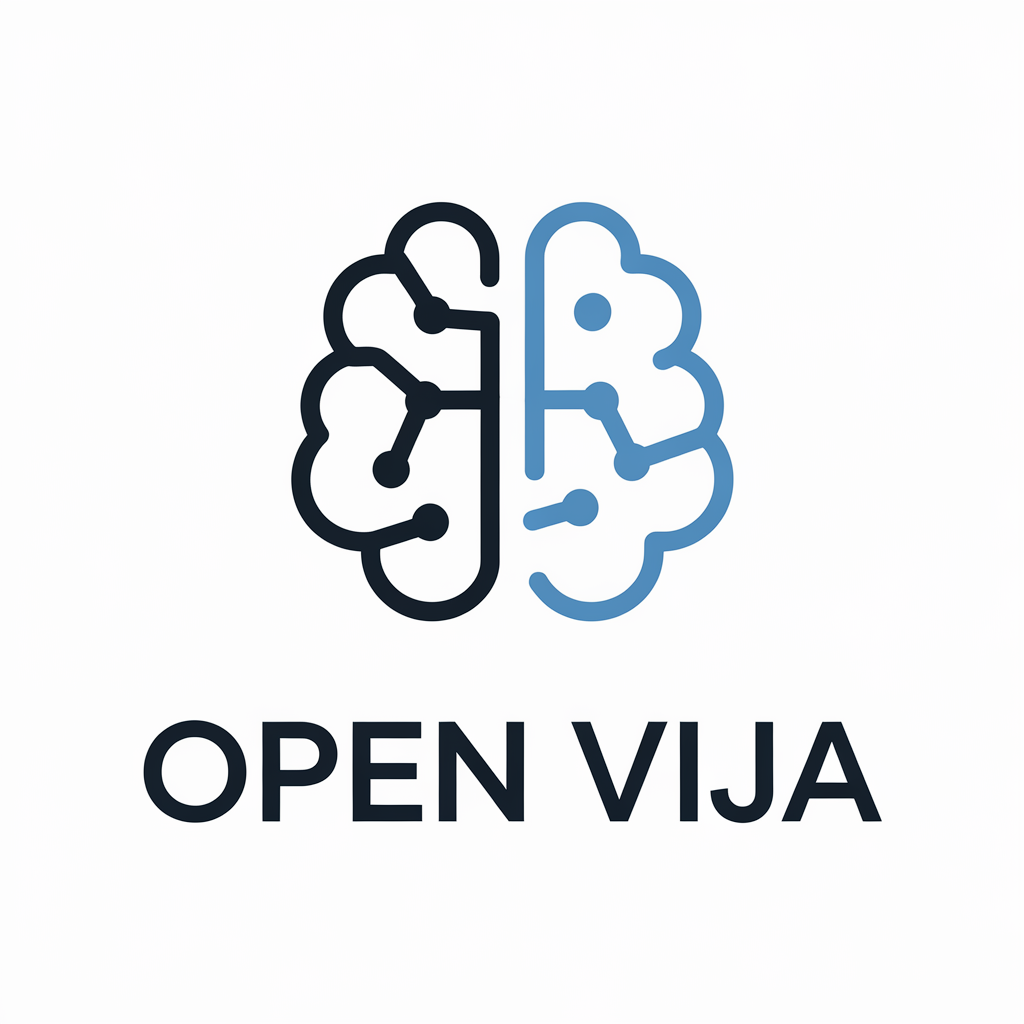Overview
The Master’s in Data Science and Big Data Analytics at OpenVija equips professionals with the technical skills and strategic insight needed to extract actionable insights from vast amounts of data. Through this program, students will master data engineering, advanced statistical analysis, and machine learning, with a strong focus on business applications.
Student Profile
- IT professionals, data analysts, and engineers who want to advance their careers in data science.
- Business professionals with an interest in leveraging data for strategic decision-making.
- Recent graduates in computer science, mathematics, or related fields who want to specialize in data science and analytics.
Program Highlights:
- Hands-on experience with industry-standard tools such as Python, R, Hadoop, and Spark.
- Focus on real-world applications, including case studies and projects in sectors like finance, healthcare, and retail.
- Flexibility to balance studies with work, offering both online and hybrid formats.
Program
Duration: 12 months
Language: English
Semester 1
- Introduction to Data Science (4 ECTS)
Overview of data science concepts, the data science workflow, and the role of data scientists. Introduction to basic data manipulation and visualization with Python and R. - Data Engineering and Big Data Technologies (5 ECTS)
Covers data collection, cleaning, and preparation processes. Introduction to big data frameworks like Hadoop and Apache Spark, and database management systems for large-scale data handling. - Statistical Analysis and Probability (4 ECTS)
Fundamental statistical techniques used in data science, including probability distributions, hypothesis testing, and inferential statistics, with applications in real-world data analysis. - Machine Learning Fundamentals (5 ECTS)
Introduction to supervised and unsupervised machine learning algorithms. Topics include regression, classification, clustering, and model evaluation. - Data Visualization and Communication (3 ECTS)
Techniques for visualizing complex data and presenting findings effectively. Hands-on practice with tools like Tableau, Matplotlib, and Power BI. - SQL and Database Management (3 ECTS)
Core principles of SQL for data querying, database design, and optimization. Focus on managing and querying large datasets. - Research Methods for Data Science (3 ECTS)
Covers research methodologies, experiment design, and survey methods specific to data science applications.
Semester 2
- Advanced Machine Learning (5 ECTS)
A deeper dive into machine learning algorithms, including deep learning, ensemble methods, and neural networks. Practical applications using TensorFlow and Keras. - Natural Language Processing (NLP) (4 ECTS)
Techniques for processing and analyzing text data, including tokenization, sentiment analysis, and topic modeling. Applications in customer sentiment analysis, chatbots, and more. - Big Data Analytics (5 ECTS)
Advanced topics in big data analytics, including data warehousing, distributed computing, and working with large-scale datasets using Spark and Hadoop. - Predictive Modeling and Time Series Analysis (4 ECTS)
Focus on forecasting and predictive analysis using time series data. Techniques include ARIMA models, exponential smoothing, and seasonal adjustments. - Ethics and Data Privacy (3 ECTS)
Examination of data ethics, privacy laws, and responsible data usage. Covers GDPR, CCPA, and best practices for ethical data management. - Academic Internship (6 ECTS)
Practical experience with industry partners, applying data science and analytics skills to solve real-world business problems. - Master’s Final Project (6 ECTS)
A comprehensive project where students apply the skills learned to analyze a complex dataset, develop predictive models, and present actionable insights.
Learning Outcomes
- Mastery in Data Science Tools and Techniques: Graduates will have proficiency in key programming languages (Python, R, SQL), data engineering frameworks, and machine learning libraries.
- Advanced Analytical Skills: Students will be able to perform complex data analyses, from exploratory data analysis to predictive modeling, and communicate their insights effectively.
- Understanding of Big Data: Graduates will understand the challenges and methodologies in handling and analyzing massive datasets, and how to leverage big data in business environments.
- Ethical and Privacy-Conscious Data Use: The program emphasizes responsible data practices and understanding data privacy regulations, preparing students for compliance in a data-driven world.
Career Opportunities
Graduates from the Master’s in Data Science and Big Data Analytics program can pursue roles such as:
- Data Scientist
- Big Data Engineer
- Business Intelligence Analyst
- Machine Learning Engineer
- Data Analyst
- Data Engineer
- Quantitative Analyst
- Chief Data Officer (CDO)
Why Choose This Program?
- Hands-On Learning: Extensive use of real-world datasets and industry-standard tools, preparing students to hit the ground running in any data science role.
- Flexible Learning Options: With both online and hybrid formats, the program is designed to fit around the busy schedules of working professionals.
- Industry Connections: Access to a network of mentors and partnerships with top companies, providing invaluable opportunities for networking and career advancement.
FROM 50.000 € TO 70.000 €
 Enroll to this course Join Now
Enroll to this course Join Now